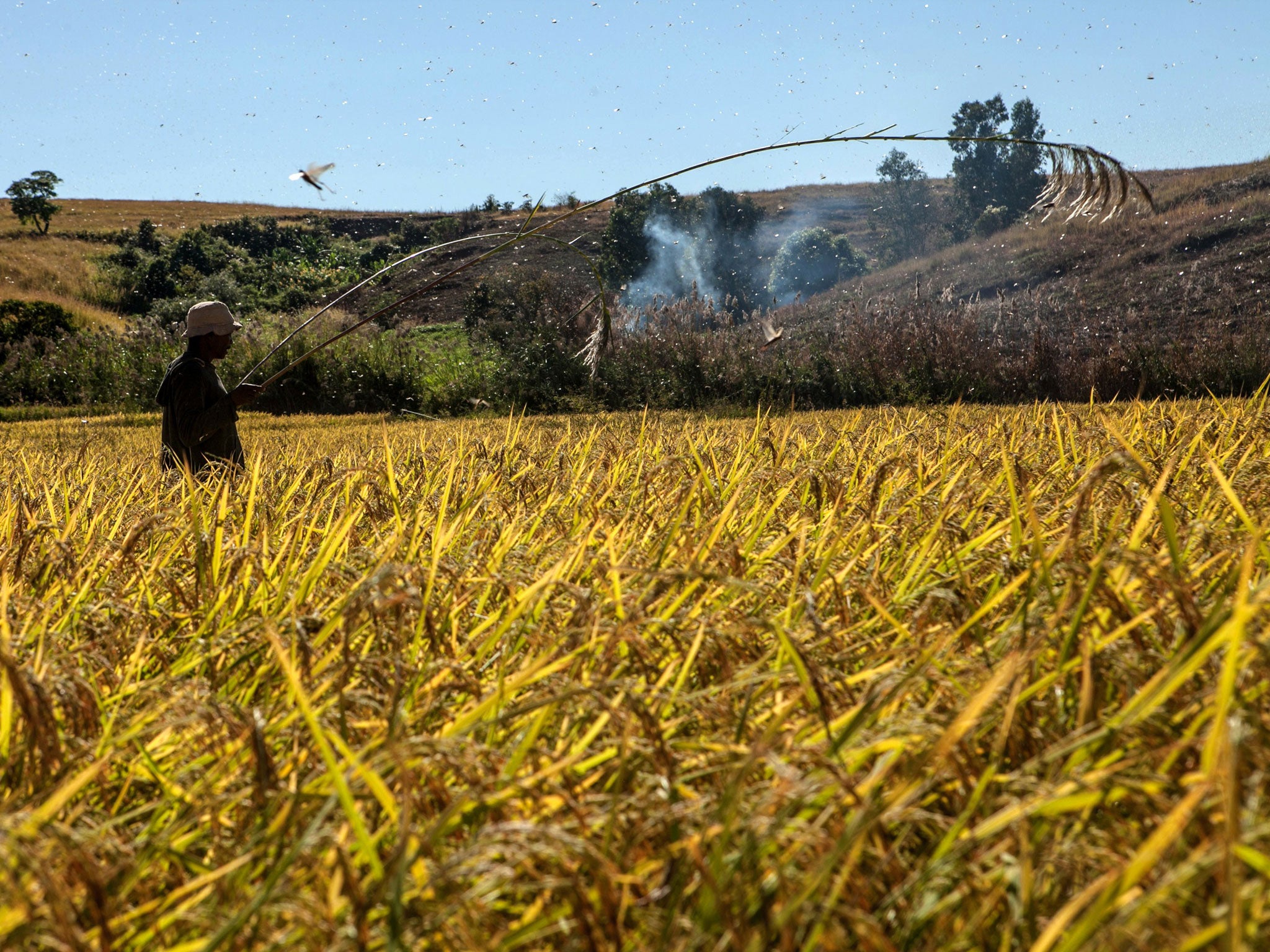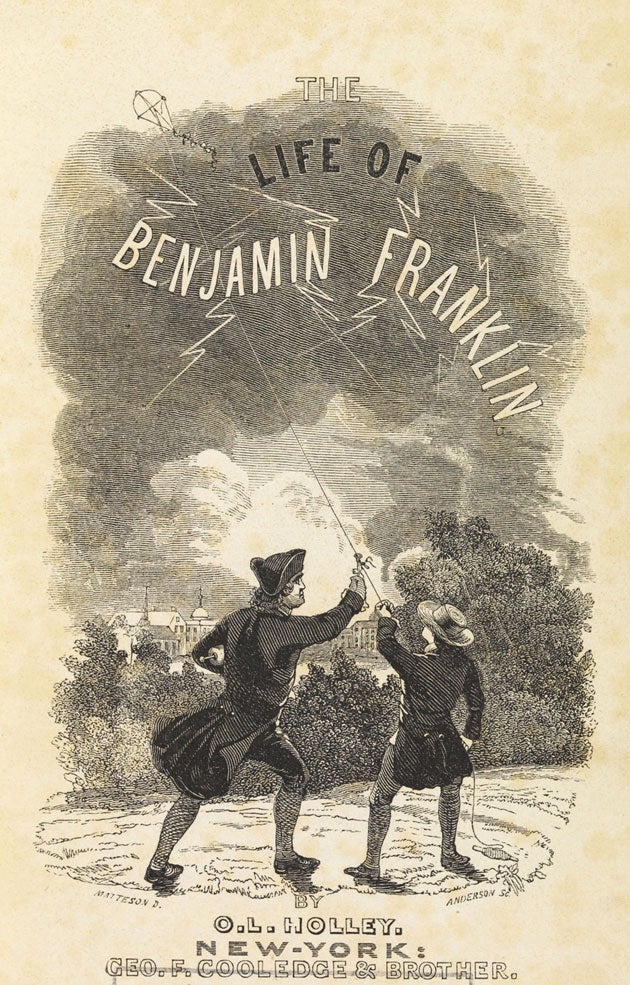Daylight saving time: Six things you didn't know about clocks going forward
It's definitely not for farmers

Your support helps us to tell the story
From reproductive rights to climate change to Big Tech, The Independent is on the ground when the story is developing. Whether it's investigating the financials of Elon Musk's pro-Trump PAC or producing our latest documentary, 'The A Word', which shines a light on the American women fighting for reproductive rights, we know how important it is to parse out the facts from the messaging.
At such a critical moment in US history, we need reporters on the ground. Your donation allows us to keep sending journalists to speak to both sides of the story.
The Independent is trusted by Americans across the entire political spectrum. And unlike many other quality news outlets, we choose not to lock Americans out of our reporting and analysis with paywalls. We believe quality journalism should be available to everyone, paid for by those who can afford it.
Your support makes all the difference.It’s that time of the year when Americans lose a vital hour of their weekend. It may well mean one less hour in bed, but it’s a fact we all just have to accept – unless we live in Arizona or Hawaii.
The first thing to mention is that your smartphone will update – so long as it has an active internet connection - so that’s already one less thing you have to worry about. But if you do still have an analogue clock, you may be asking yourself why you have to undergo this rigmarole every year.
If that’s the case, here’s a few facts about why daylight saving time was introduced. And if you already know that, there’s also a few things that dispel the classic myths and might teach you a little more about the history of the tradition.
Why do we observe daylight saving time?
Contrary to the common belief it would give farmers longer in the fields, daylight saving time was instituted as a way to save energy by moving an additional hour of daylight from the morning to the evening. Numerous studies have shown that moving clocks forward actually does save energy. In fact, farmers were among the biggest opposition groups to daylight saving time when it was first proposed in the British Parliament in 1908. They often set their day to the sun, so everyone else moving their schedules forward gave them less time to peddle their wares.

Aside from getting one less hour of sleep on Sunday and getting more light in the evening, daylight saving time doesn’t affect me, does it?
Actually, it may have a more averse effect than it seems. A study done by Dr Amneet Sandhu, a cardiology fellow at the University of Colorado in Denver, shows that on the Monday immediately after daylight saving time heart attacks increase by 25 per cent, Reuters reported.
On the Monday after daylight saving time ends, heart attacks fall by 21 per cent. Dr Sandhu said the loss of sleep is the likely culprit of the increase of heart attacks seen after the clocks move forward, so make sure you get plenty of sleep on Sunday.

Who conceived the idea of daylight saving time?
This is up for debate, but the origin of daylight saving time is commonly attributed to Benjamin Franklin, who wrote an essay in 1784 about how changing time could save energy, according to CNN.
When did daylight saving time become popular?
Germany and its allies in World War I were the first countries to adopt daylight saving time as a way to conserve energy for the war effort. Britain, other countries in Europe, Canada and the US followed suit.
Does every state observe daylight saving time?
There is no federal law forcing states to observe daylight saving time, so today, residents in Arizona, Hawaii, Puerto Rico, the VirginIslands, and other territories won’t have to worry about changing their clocks.
But the situation was much worse 50 years ago. Cities once kept their own time and in 1965, there were 130 cities in the US with populations of 100,000 or more and 59 of them did not observe daylight saving time.

Are there winners and losers?
Studies show that Americans use the extra hour of daylight to go out and enjoy themselves. Leisure facilities such as golf courses have reported increased business, whereas Neilsen ratings for American TV show as much as a 10-15% drop in the number of viewers watching even the most popular shows.
David Prerau, author of the book Seize the Daylight: The Curious and Contentious Story of Daylight Saving Time, said, "If the sun sets at 7:00, then more people are inside at 7:00. If it sets at 8:00, more people are inside at 8:00," reports National Geographic.
Join our commenting forum
Join thought-provoking conversations, follow other Independent readers and see their replies
Comments